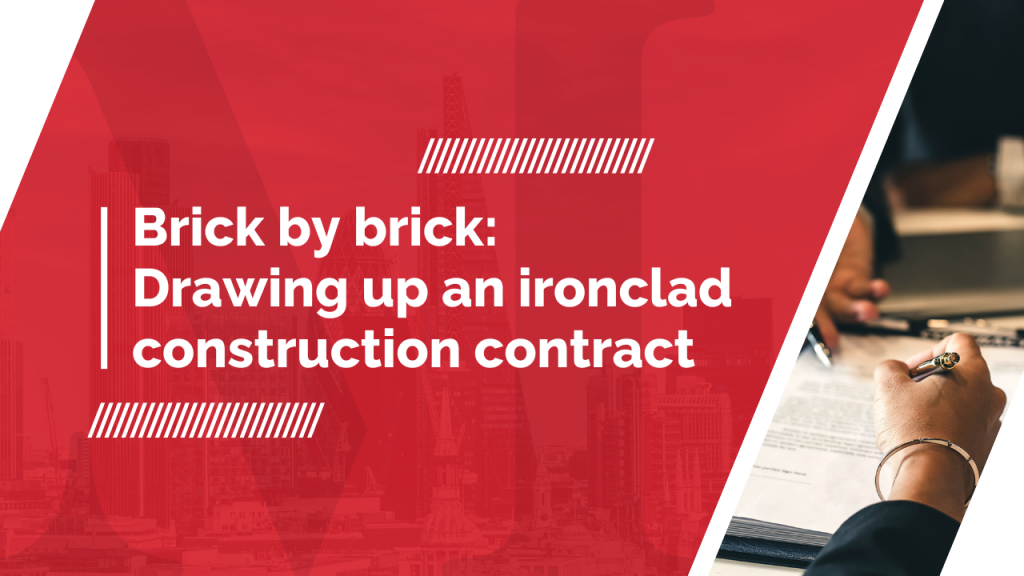In 1996, the Housing Grants, Construction and Regeneration Act was introduced and made the resolution of construction disputes through adjudication mandatory. In layman’s terms, this gives parties involved the right to refer a dispute to adjudication at any point in time. For the construction industry, these disputes have the potential to significantly delay projects, incur unplanned costs and cause reputational damage. Therefore, companies should be doing all they can to avoid potential disputes.
Yet, at the end of 2023, ineffective contract management was highlighted as a top cause of disputes in the construction industry. Contracts and commercial agreements are needed to provide a clear framework for commercial transactions or relationships. In many cases, this will also include the distribution of rights, risks and obligations.
Therefore, when you consider the impact of ineffective contract management, it is no wonder it has become a top cause of construction disputes. Contracts act as a roadmap for dispute resolution so a poorly constructed contract will severely affect this.
How to avoid ineffective contract management
Construction contracts are not only for setting out project terms and timetables, they also outline methods of communication and how disputes will be handled should they arise. Therefore the information they contain must be accurate and up to date.
The type of construction contract you need (i.e. lump-sum contract, cost-plus contract, GMP contract, etc.) will depend on the project. However, all contracts will outline what work will be completed, when it will be completed and how much it will cost.
Ineffective contract management has the potential to cause financial losses to construction companies, usually due to vague contract terms.
What terms need to be clearly defined in a construction contract?
✔ Contract sum
✔ Retainage
✔ Scope of work
✔ Responsibilities of owner and contractor
✔ Payment terms
✔ Change management
✔ Construction specifications
✔ Construction timeline and contract duration
✔ Terms and conditions
✔ Regulatory compliance
✔ Warranties
Engaging the services of a legal professional who can carefully analyse and interpret contractual terms is the key to avoiding ineffective contract management. Mercantile Barristers can represent you by evaluating your dispute in a consultation and providing an opinion on the construction dispute, which may include commencing or responding to adjudication and, in many cases, attempting a negotiated settlement with the other side.





